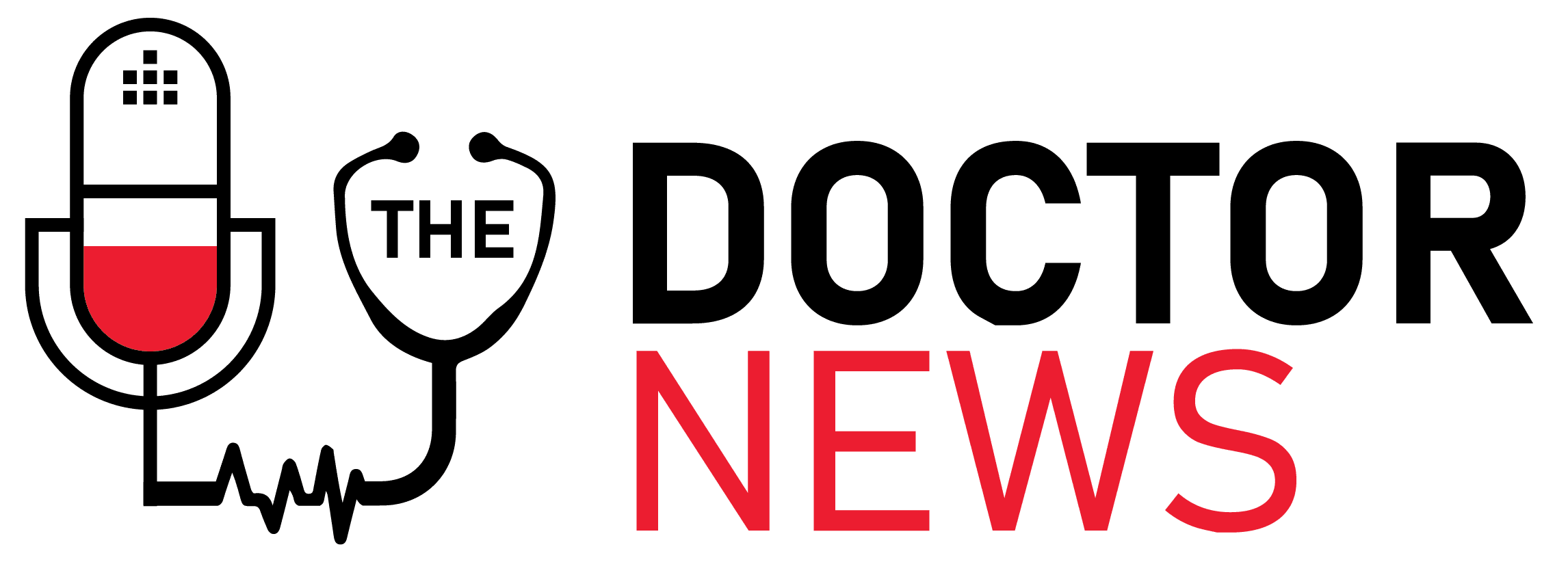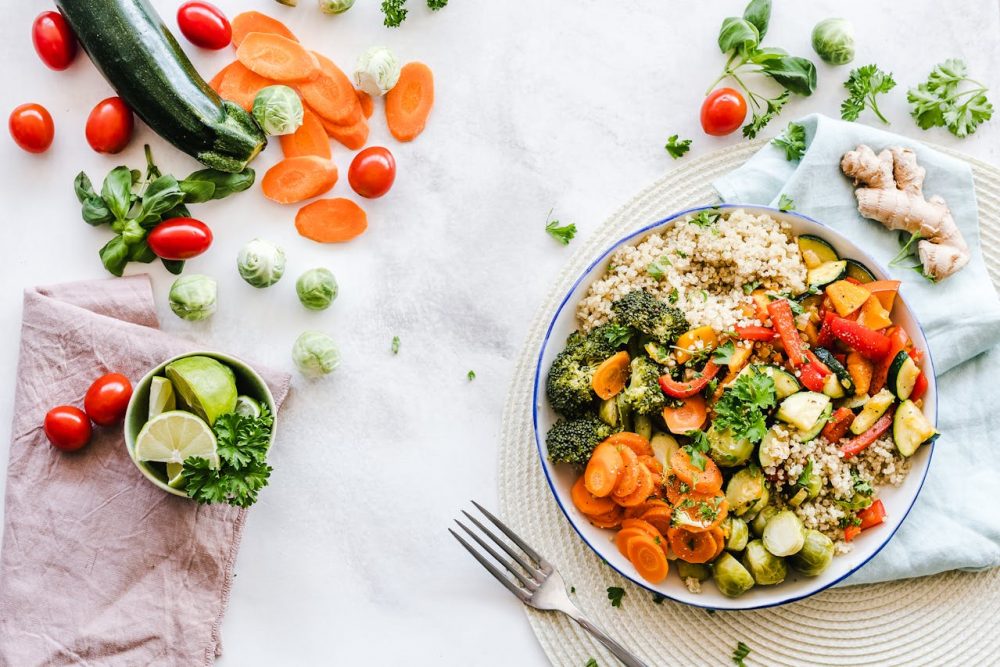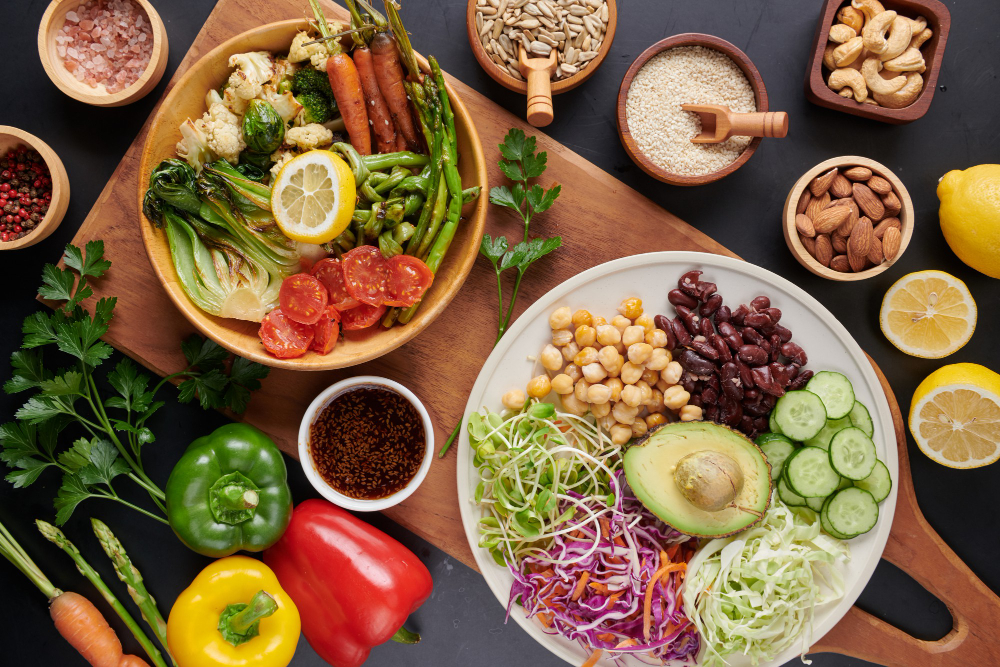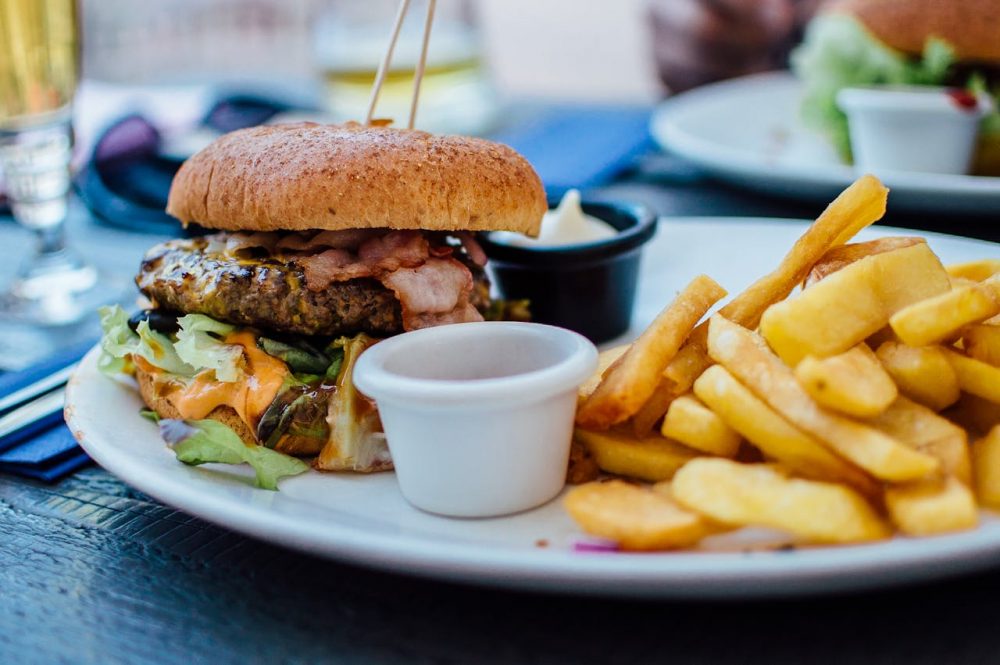Following a plant-based diet might not be the nutritional slam dunk it is often made out to be.
Sure, the fiber, the vitamins, the lower risk of chronic disease - all solid wins. But according to new research, even vegans who carefully track their protein may be coming up short in a big way.
Why? Because not all protein is created equal. And the form you get from plants doesn’t always cut it. Keep in mind that this doesn't mean you should avoid a plant-based diet altogether.
Why You Should Go Vegan
In the U.S., somewhere between 1% and 5% of people eat a vegan diet. That means zero animal products: No meat, no eggs, no dairy. Instead, it’s all beans, nuts, grains, and veggies.
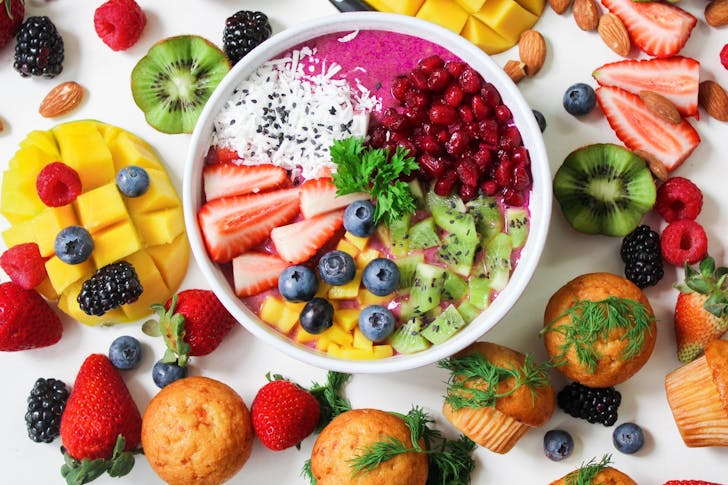
Janet / Pexels / Studies show plant-based diets can lower the risk of heart disease, type 2 diabetes, some cancers, and even help with weight control.
Some research says you can see a health boost in as little as four weeks. Despite all those health benefits, vegan diets still miss key nutrients. And the new study highlights that!
Nutrient Gaps in the Plant-Based Diet
But here is the catch, and it is a big one! Not all nutrients are easy to come by when you skip animal products entirely.
A new study from Australia tracked 240 adults between the ages of 30 and 75, comparing full vegans, dairy-eating vegetarians, and meat-eaters. The plant-based eaters loaded up on fruits, veggies, legumes, and nuts. They also avoided more junk food. So far, so good.
What The Researchers Found
Plant-based eaters scored high in fiber, folate, vitamin E, magnesium, and omega-6s, but they also scored low in these nutrients.
They had lower levels of vitamin B12, niacin, riboflavin, iodine, and omega-3 fatty acids. They also ate less protein-rich food overall, even when they thought they were getting enough.

Jill / Pexels / A study from New Zealand followed nearly 200 long-term vegans. Almost three-fourths of them hit the recommended protein target from plant-based foods.
But when digestion was factored in, things looked different.
Two Key Amino Acids Were Missing
Only about half were actually getting enough of two crucial amino acids: Lysine and leucine.
Mind you, these are not just science words on a label. Leucine helps build muscle, repair tissue, and regulate blood sugar. Lysine helps with hormones, calcium use, and immune function. Without them, things in your body don’t work right.
Plants Don’t Deliver Enough
The problem? Plants don’t offer much of these amino acids. And what little they do contain is not well absorbed. Most of it goes right through you. That means even if you are eating enough protein, your body still might not be getting what it needs. However, this doesn’t mean the plant-based diet is broken. It just means you have to be more strategic.
Mix and match your plant proteins. Pair lentils with rice. Add quinoa. It helps - but even that might not cover the gap. That is where supplements and fortified foods come in.
If you are eating a plant-based diet for your health, make sure it is actually healthy. Check your nutrition. Be honest with yourself. If you are low on something important, fix it. The goal is not just to feel good. It is to be good on the inside, too.
